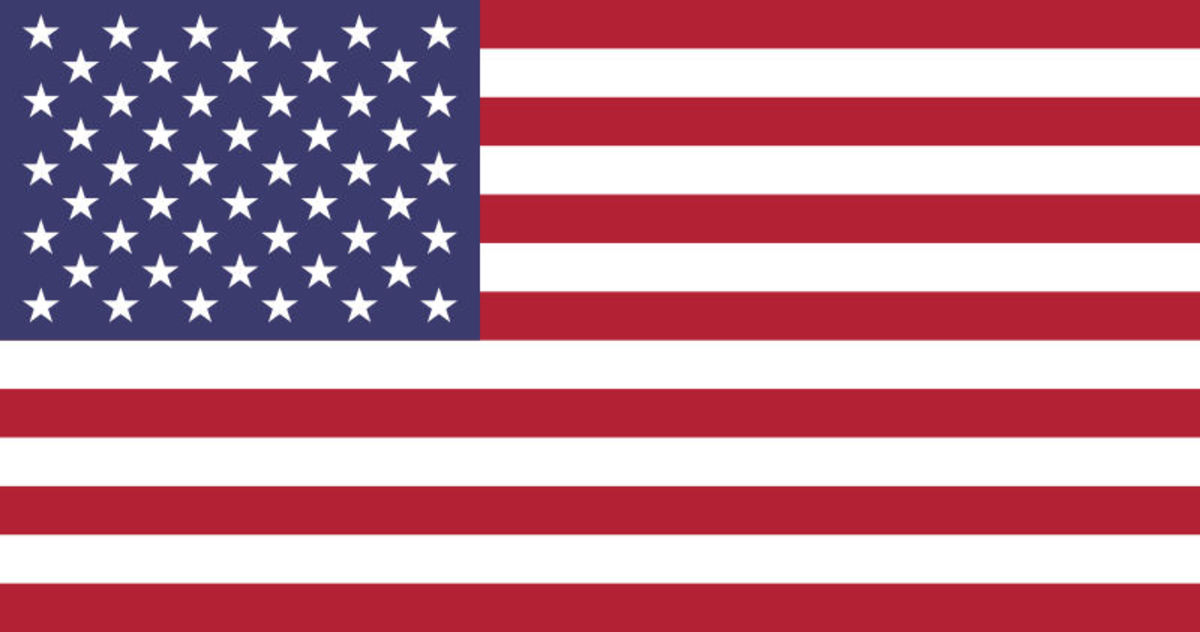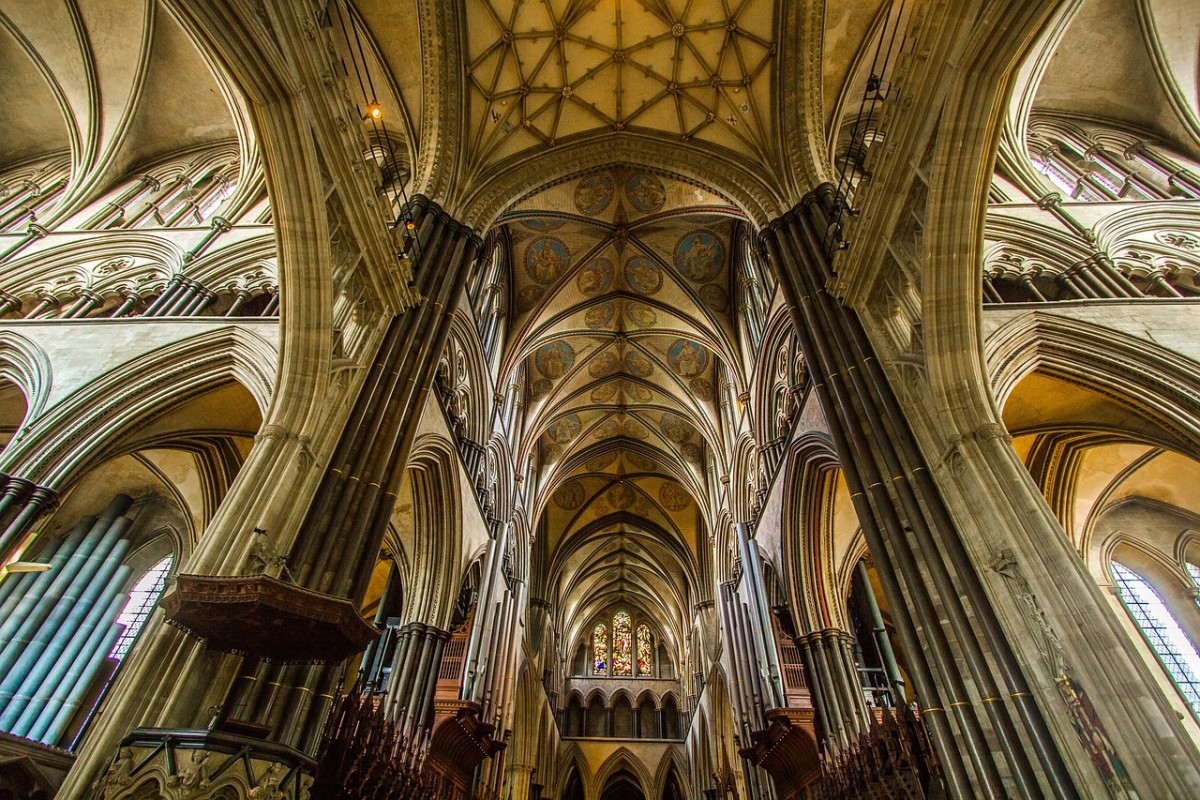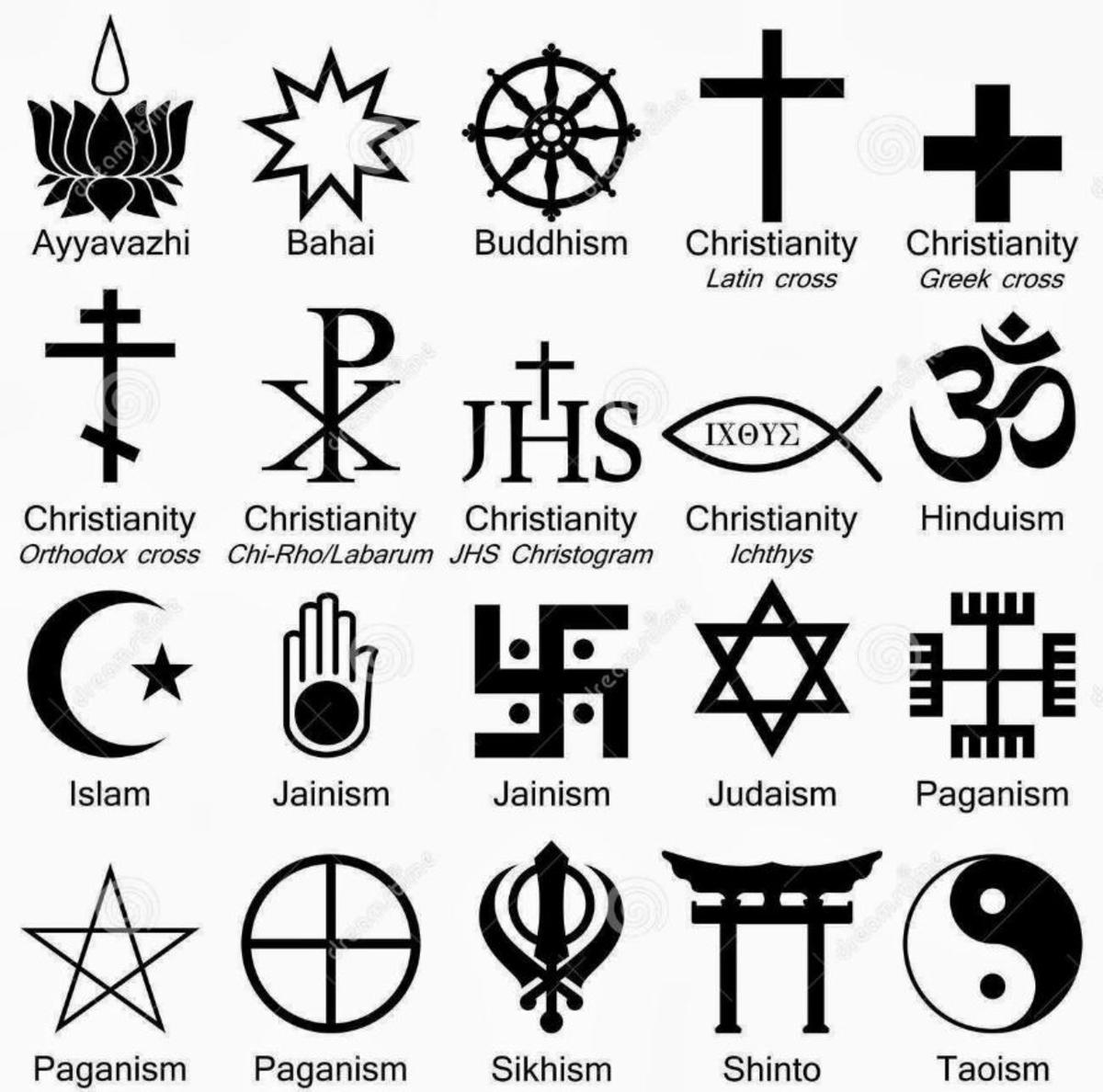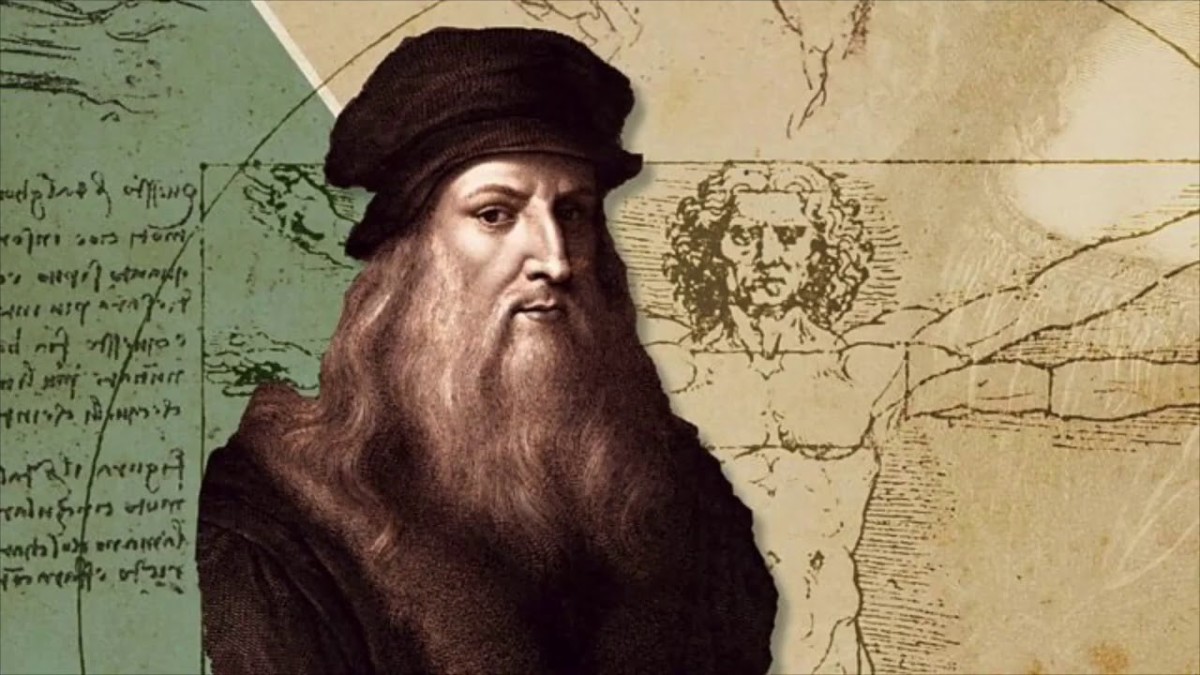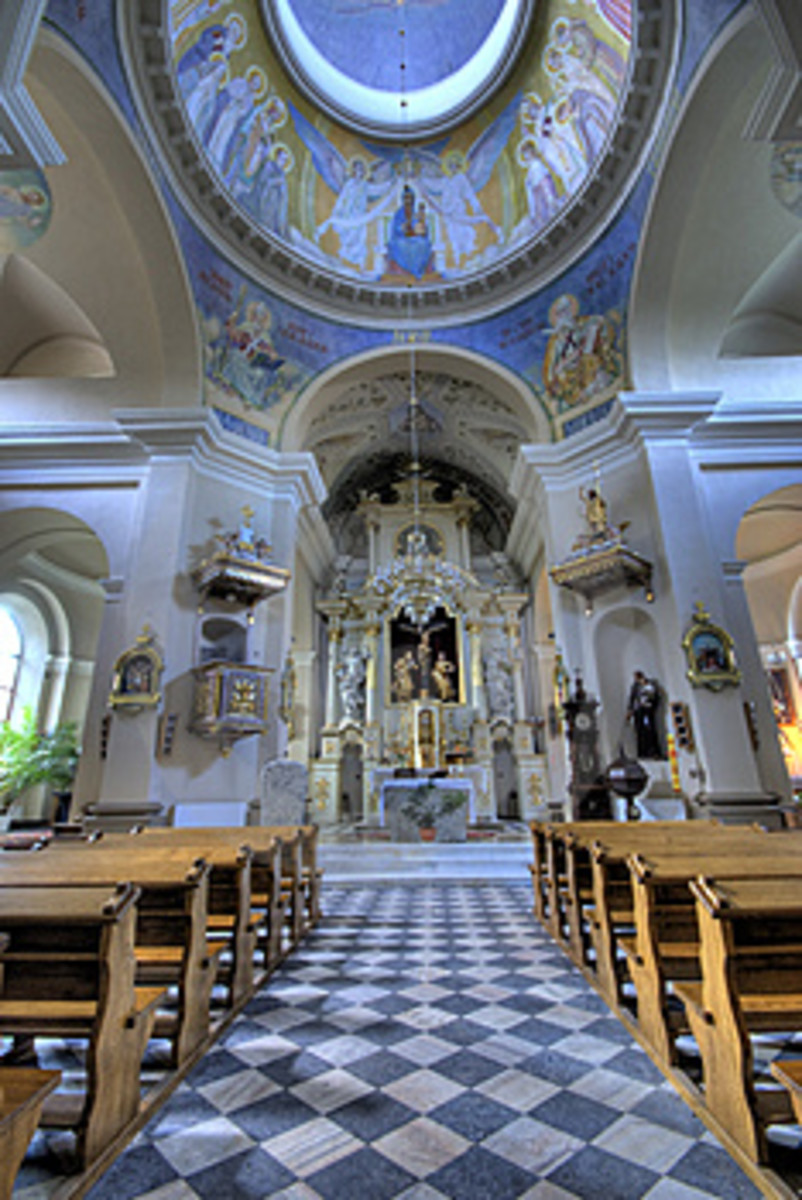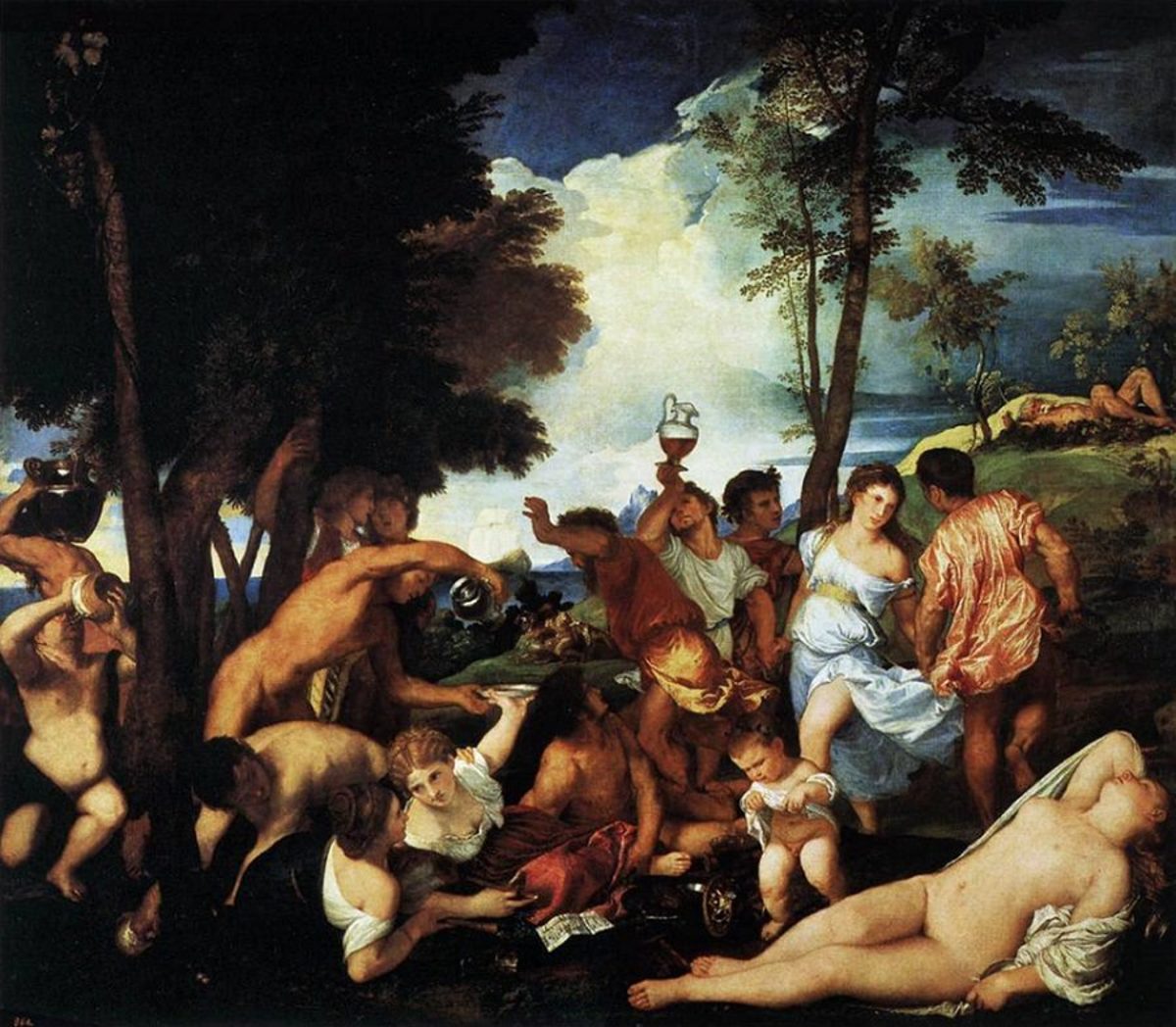Religions Around the Globe and their Impact on Society in General. Freedoms vs Mandates.
Freedom and Mandates
Religious freedoms and governmental mandates based on religious beliefs cannot rationally coexist in any society.
The separation of church and state is the only thing that must be mandatory for an effective and efficiently run society.
Equality for ALL members of society is the only way for a government to maintain its constitutional decrees.
To adequately provide equality any government must never pass laws favoring any religious activities or religious entities.
And equally important, no government should ever pass any laws favoring Corporations over people for any reason.
Mandates are mostly all inappropriate
- Religious Reaction To Contraception Mandate Changes Mixed; Some Say Religious Freedom Is Violated
Despite the Obama administration's attempts to allay concerns among some institutions with religious objections to contraception, proposed changes to the national health care law requiring most employers to provide insurance coverage for birth contro - Three Types of Mandates in Government | eHow
Three Types of Mandates in Government. Mandates are a primary means by which governments seek to manage the functions of lower-level organizations and groups. For instance, state governments have the ability to mandate certain policies for local gove
The Functionality of Religion
The universality of global religions leads readily to the assumption that it serves essential functions for individuals and society, or both.
This observation expresses a theory that has been widely used, and sharply criticized, partly because the concept of "function" has several meanings:
1. A given structure or process that performs an essential service.
To give men shared goals thus reducing the sharpness of their individual goals, promising "later" rewards softens the anguish of man to present frustrations - making it a functional prerequisite for society.
2. Function also means consequences.
If religion is a function of society and of individual need, it must vary with them, reflecting their changes.
For the conservative minded, this change to adapt to the current times, is a difficult pill to swallow and that mind set has trouble with any changes in society that might upset their ingrained system of belief.
But as history shows, societal change is inevitable and these staid and stagnant ideas are forced to adapt and accept the changes required by the majority of any society.
3. If religion integrates a society that is highly repressive for some of the members, its functional aspects for them must be investigated.
If it integrates in such a way that it harms a society with righteous anger to attack another "heathen" society (or members of their own society), the question concerning its functional aspects for the latter must also be investigated.
4. In order for religion to service socially it must adapt itself to accommodate all its members - not just the perceived "righteous few".
- Religions Around the Globe and their Impact on Society in General. Out of the darkness and into the
A broad summary of world religions and how they are viewed by those who do not participate in them. And how such 'sacred' rites, rituals, ceremonies and symbolisms are viewed today.
A childish dream lost in a world of Greed and Avarice
- The 'Christian' and other Religious Cults In America
'Cults in America' is strictly an observation regarding various religious organizations. Call them what you may, they all tout their wares based on the same premises
Modern day church. Accidental or More Religious hypocrisy?
Ancient Churches

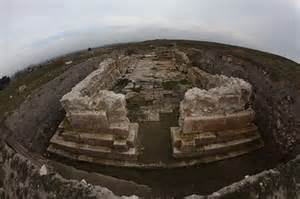
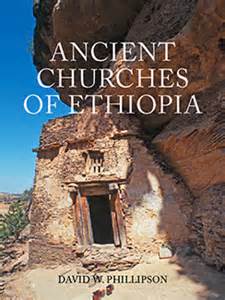

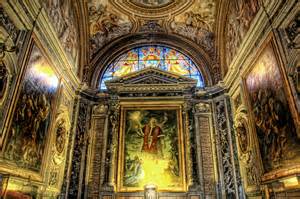
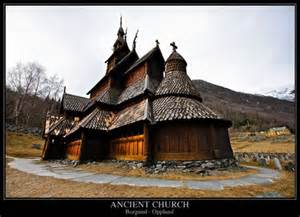
Visit TrekEarth and type in "ancient churches" and click on 'Go'
- Learning about the world through photography | TrekEarth
TrekEarth is dedicated to fostering a global community interested in photography from around the world.
Religion as a dysfunctional enterprise
Functionalism in religion is not only incomplete without conflict, but rather conflict is an essential part of religion itself [the concept of good versus evil]
- In the 17th century England the religio-social reform movements used sectarian protests to challenge the establishment, both religious and secular.
- The Black Muslims in America demonstrated the use of a new religion to challenge a society, not to expressly attempt to integrate with it.
- For many years, in Ireland, the [Catholic - Protestant] conflict indicates that religious difference can cause divisiveness in a society.
These relationships are too complex to examine here in detail, but from the perspective of social science:
- religious organizations are part of the social structure,
- religious values part of the general culture,
- and religions motivation part of the individual character.
The ethical norms governing interpersonal behavior within the family are often given religious sanctions. Such as:
- "honor thy father and thy mother"
- as in the 10 commandments of the Judaism and Christianity
- marriage laws
- regarding monogamous relationships
- regarding permanent relationships
These are considered as laws "made in heaven" , as a popular piety to encourage these behaviors as the "norm".
Although these values can be imparted in a society without any religion at all - it is proclaimed by religions as if by God's mandate - which is simply another man made comment to justify their creation.
Other common elements that remain accepted as religious elements include:
- religious endogamy (marriage within one's group - whether religious or racial)
- the basic structures of the family - the place for women - and the importance of children.
- the possibility of divorce under certain circumstances.
Religions also support and encourage protest movements among members to quash any attempts to modernize the basic conservatism of their respective faiths.
Such as the era of Martin Luther King who proclaimed: "I have a dream".. as to the basis for his militant, non-violent, attack on racial discrimination.
He declared that civil disobedience and extremism were religiously prescribed. (Exactly the same way that Jesus Christ did toward the stifling oppressiveness of the Roman government toward its people). And the equally compelling plight of the homosexual community happening around the world today.
When societies become more heterogeneous (mixed with dissimilar, or diverse, ingredients, or constituents) with sets of values, the stage is set for a different relationship between religion and politics.
Because these "new" trends may loosen the hold of social 'norms', some members of society will acquire a differential attitude towards religion and the unfair governmental laws that discriminate against any group of people.
The ruling class sees it as a means of preserving order - thus helping to guarantee their positions of control.
U.S. Sociologist Kai Erikson has noted that
"the anti legalistic controversy in the Massachusetts Bay Colony in the 17th century, although crouched in religious language, was primarily a political struggle".
Implicit in the separation of religious and political identities is the possibility of a third pattern of relationship:
Religious systems that are sharply set apart from the state.
Religious specialists may develop ideas that contradict secular claims and values if they so desire.
This seems to occur under conditions of persistent social change, social contact, and wide spread and prolonged suffering.
The social implications of the separation of church and state is quite clear.
- Let religions discriminate amongst themselves. (they have that religious right),
- But politics should never discriminate against any group of people based on any type of religious dogma or personal beliefs.
This world seems to be heading to this end, but not before there is greater discrimination, pain, suffering, and blood shed inflicted on the secular populace that do not adhere to any religious beliefs that suppress individual freedoms and individual rights that are supposedly guaranteed by our very constitution.
by d.william 09/12/2011
Man's place in the universe.
© 2011 d.william

